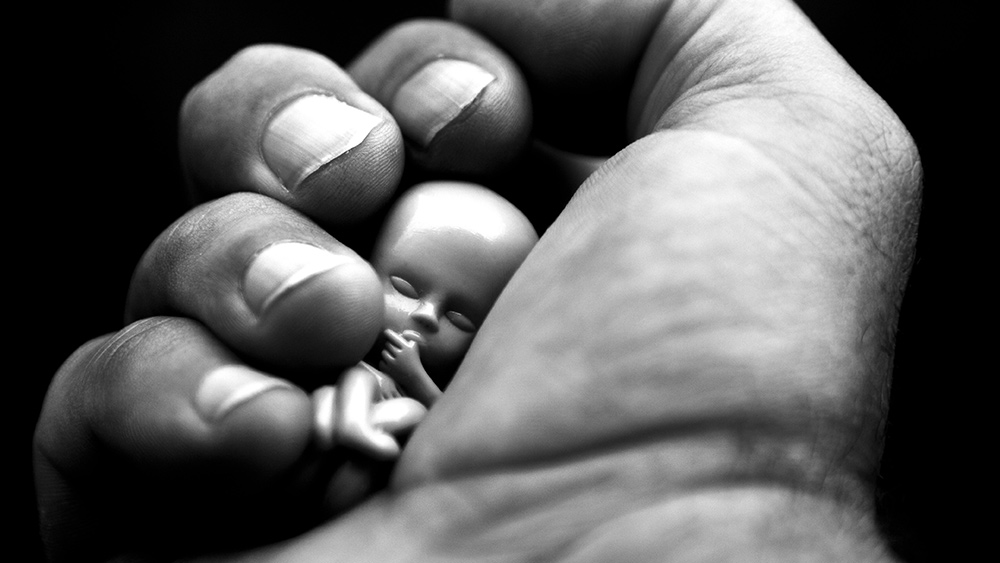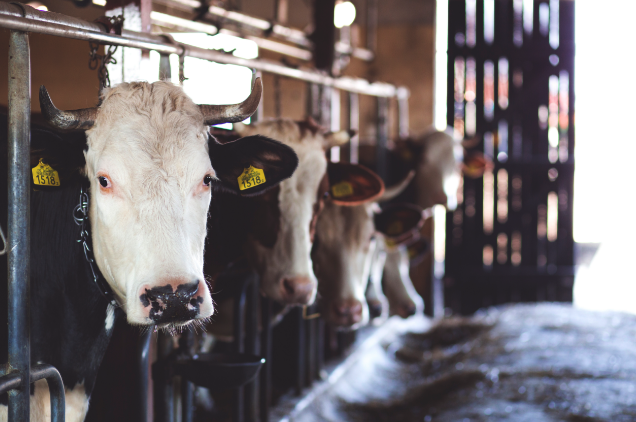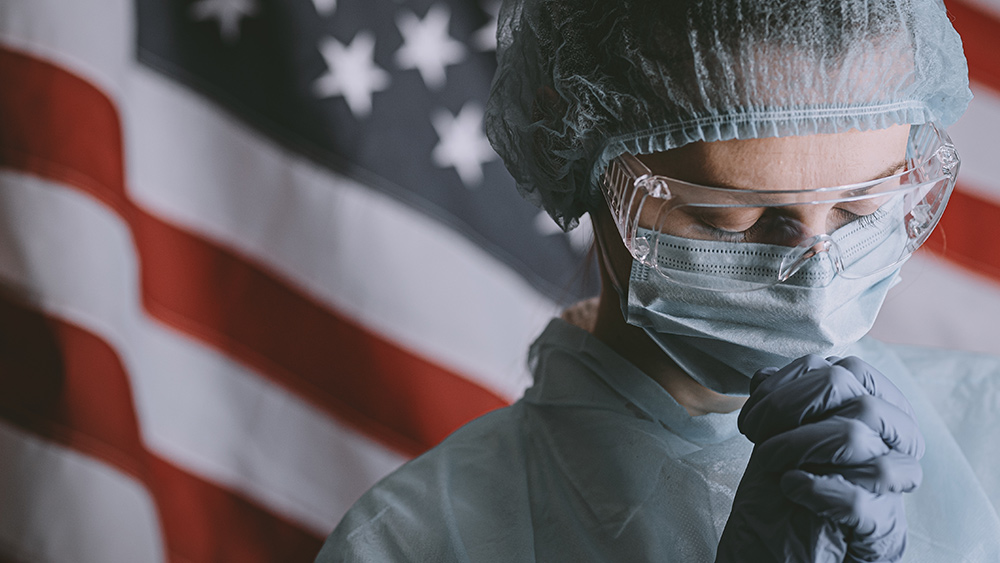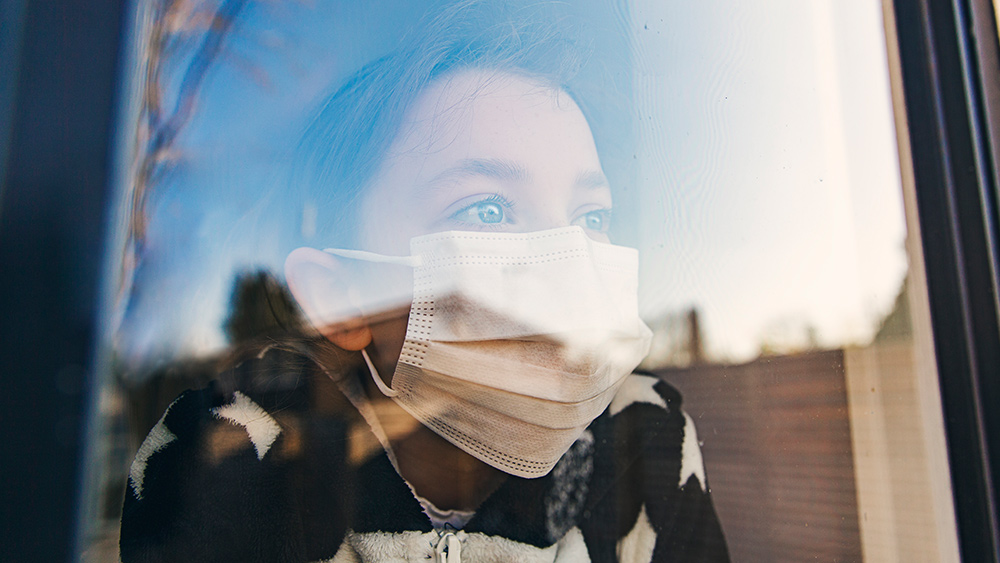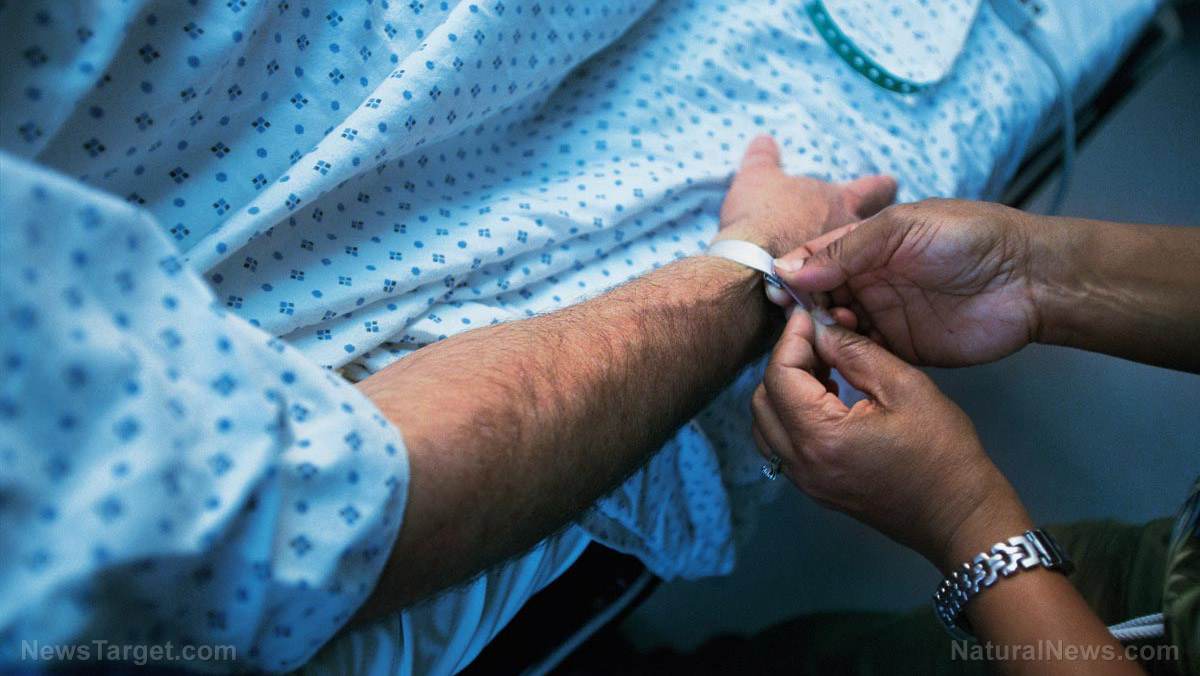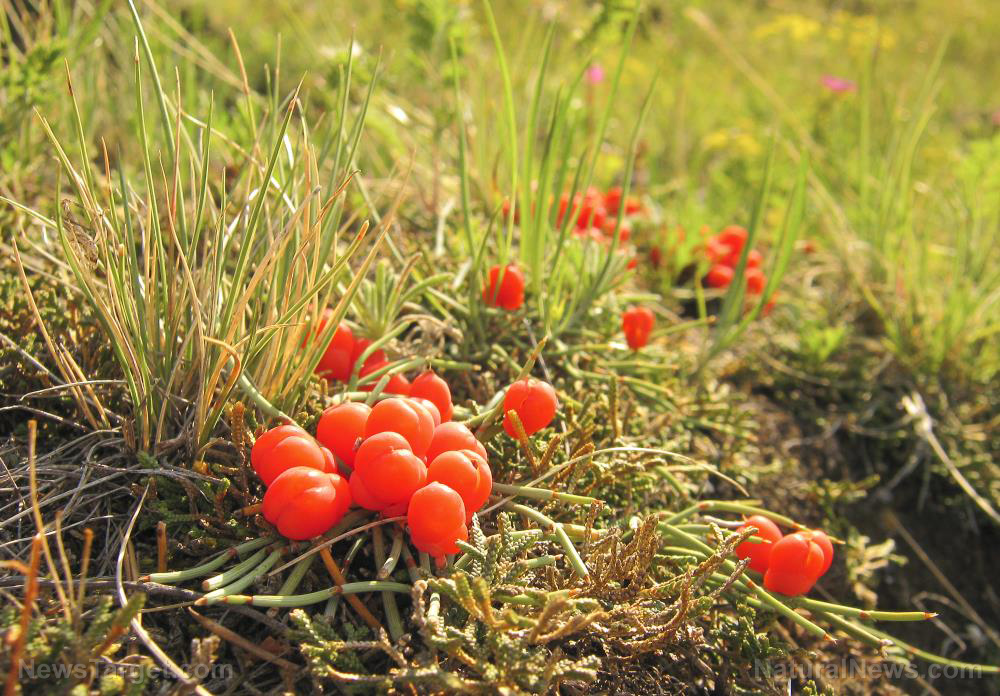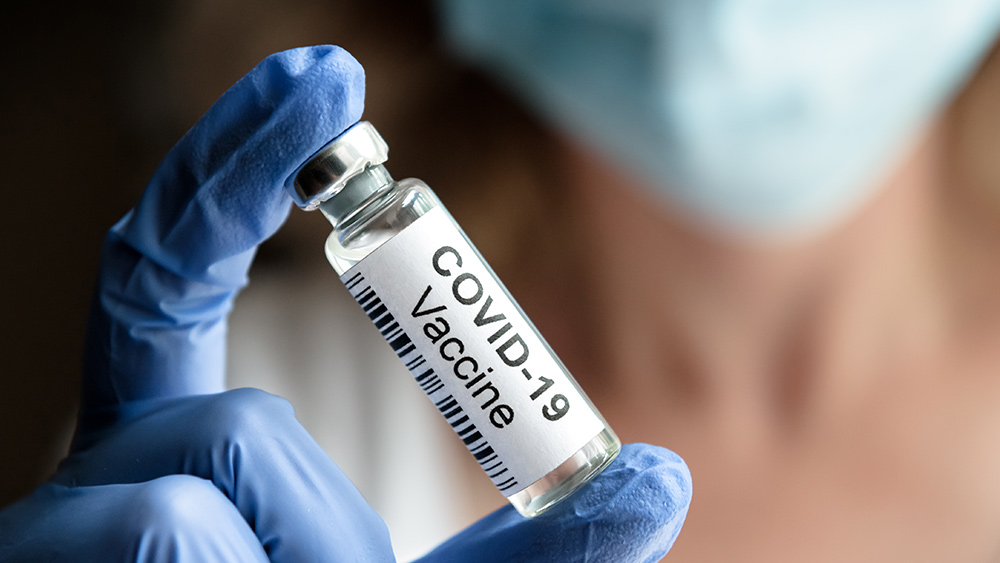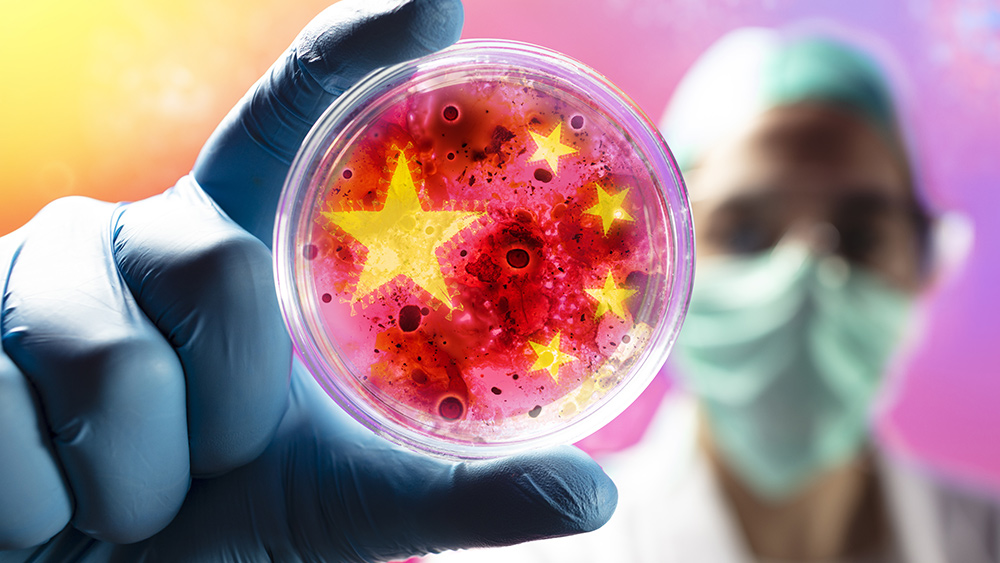Under Toronto’s proposed decriminalization plan, fentanyl and crack would be made “legal” for kids
04/09/2023 / By Ethan Huff
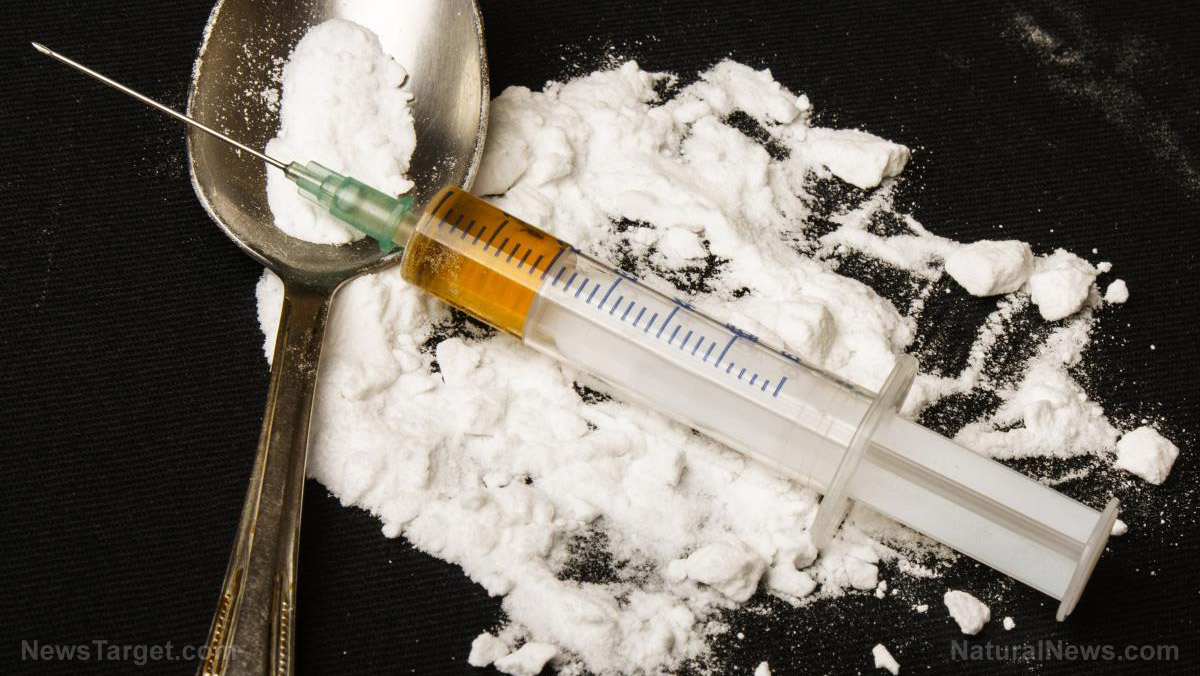
Controversy has erupted over a proposed plan in Toronto to decriminalize all “drugs,” including fentanyl and crack – including for children.
Not to be confused with legalization, decriminalization in this context merely means that those caught personally using a controlled substance, no matter their age, would no longer be arrested and imprisoned for drug crimes in Toronto.
The City of Toronto is asking the federal government of Canada to grant Health Canada an exemption for all controlled substance use within its jurisdiction. The entire province of British Columbia already did something similar last year, though that decriminalization plan does not apply to minors.
A report from the Toronto government states that decriminalization should be offered to “all people in Toronto, including youth” – no exceptions.
Under the plan, young people would no longer face criminal penalties for personal use of “hard drugs.” Instead, they would be offered rehabilitation and other health-based treatment programs, which would prevent them from becoming “criminals” within the existing criminal justice-based legal framework for drug use.
“Criminalization does not effectively deter youth substance use,” the report states. “The data show that youth in Toronto between the ages of 12 and 17 use unregulated drugs and are vulnerable to the same harms associated with criminalization as adults.”
(Related: Back in 2010, Christian Coalition founder and Republican candidate for president Pat Robertson, also of the 700 Club, likewise expressed support for decriminalization, stating that he does not believe young people should be arrested and imprisoned for using controlled substances.)

Decriminalization isn’t legalization
Just to be clear, Toronto’s decriminalization plan would not apply to child care facilities, airports, or schools, all of which would still be off-limits for personal hard drug use. It should also be noted that producers, distributors, and dealers of hard drugs would still face criminal penalties under the decriminalization plan.
The Toronto Drug Strategy, or TDS, is described by the city as “a comprehensive drug strategy for the City of Toronto based on four integrated parts – prevention, harm reduction, treatment and enforcement.”
“All four parts are needed to effectively reduce the harms of alcohol and other drug use,” the city says.
The plan includes a comprehensive set of actions designed to prevent and respond to overdoses. It further “combines the knowledge and expertise of people who use drugs, their family and friends, and people working in the field with best practices” to ensure that the right kind of help is given to addicts in need.
Again, the goal of such a program is not to encourage drug use, nor to legalize it. All decriminalization does is stop the criminal justice system from getting involved when a person is merely caught using a controlled substance. It aims to help a drug-addicted person find the help he or she needs to overcome a drug habit, rather than just throwing the person in prison to incur a criminal record.
“A public health approach to drugs shifts addressing substance use away from the criminal justice system,” the City of Toronto says. “A public health approach enhances policies and laws that prevent, reduce and respond to the potential health harms associated with substances, while promoting overall well-being and respecting human rights.”
“Decriminalization is the removal of the criminal offence for the possession of drugs for personal use. There are many models of decriminalization used in other jurisdictions (e.g., models that use administrative penalties, fines, or involuntary treatment to replace criminalization). Toronto’s model of decriminalization does not replace criminalization with any alternative penalties.”
The City of Toronto maintains that its decriminalization approach fully accounts “for varying drug use patterns and the unpredictability of the toxic and contaminated supply, especially for those individuals who are most vulnerable to the harms of criminalization.”
More related news can be found at Liberty.news.
Sources for this article include:
Submit a correction >>
Tagged Under:
addiction, chemical violence, children, crack, Dangerous, decriminalization, drug abuse, drug cartels, drugs, Fentanyl, hard drugs, insanity, Toronto
This article may contain statements that reflect the opinion of the author

